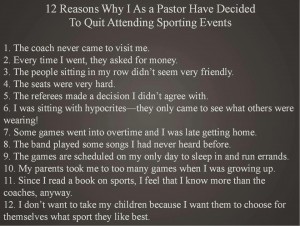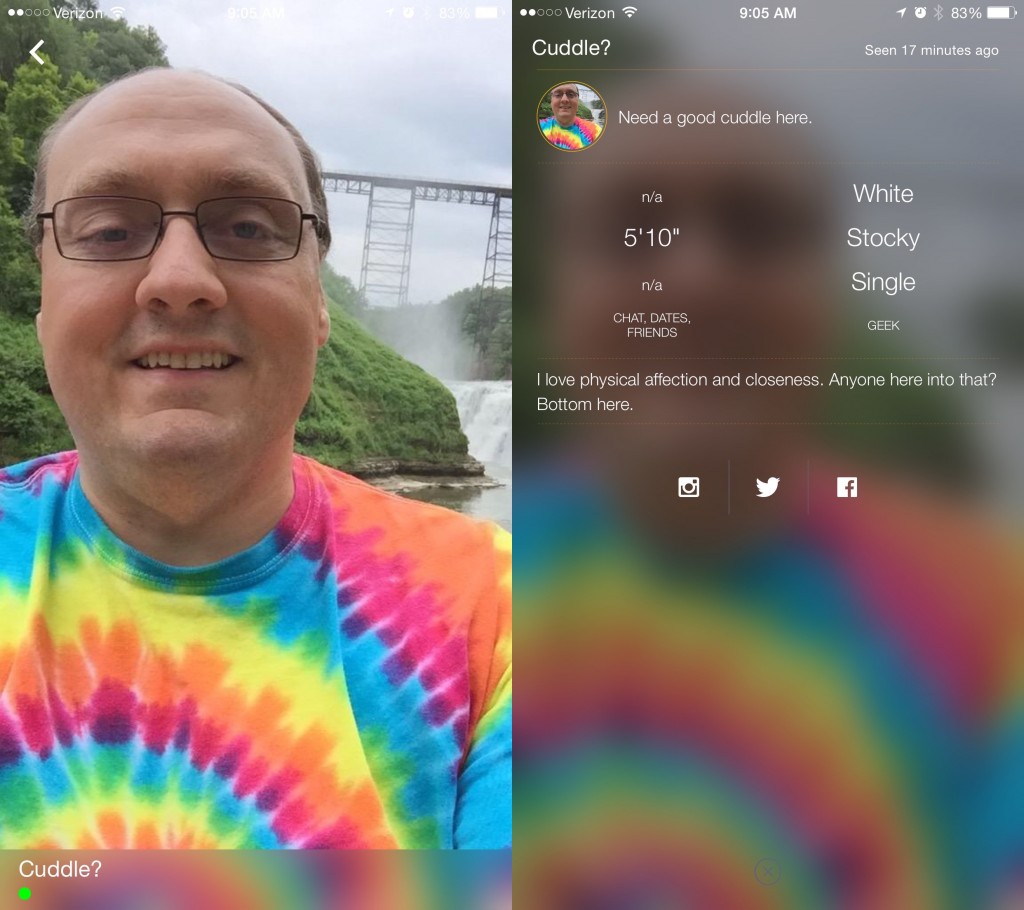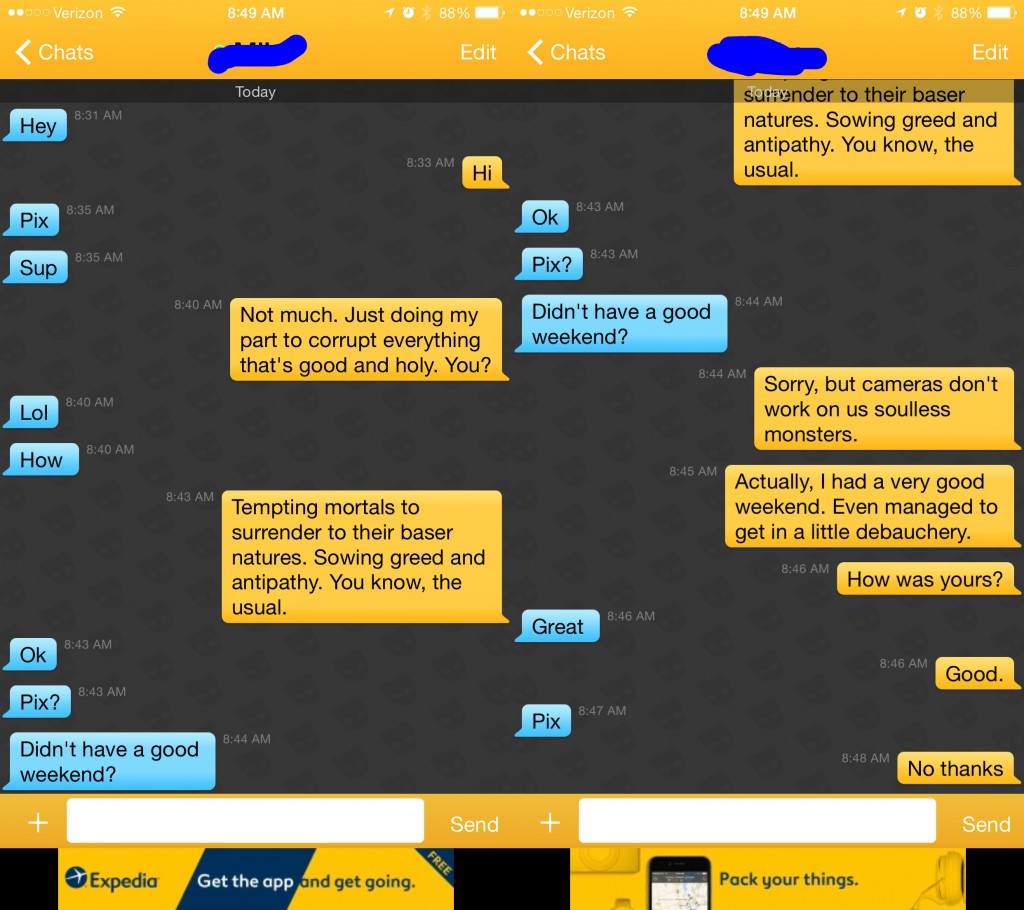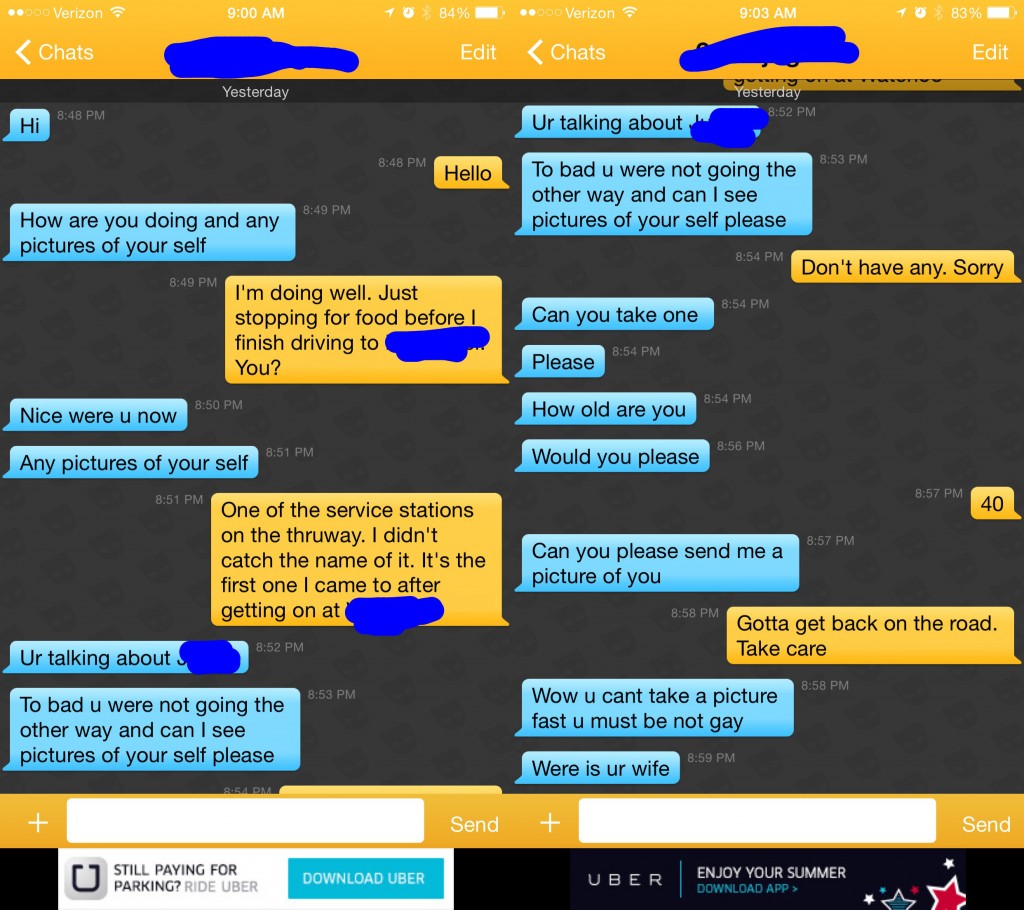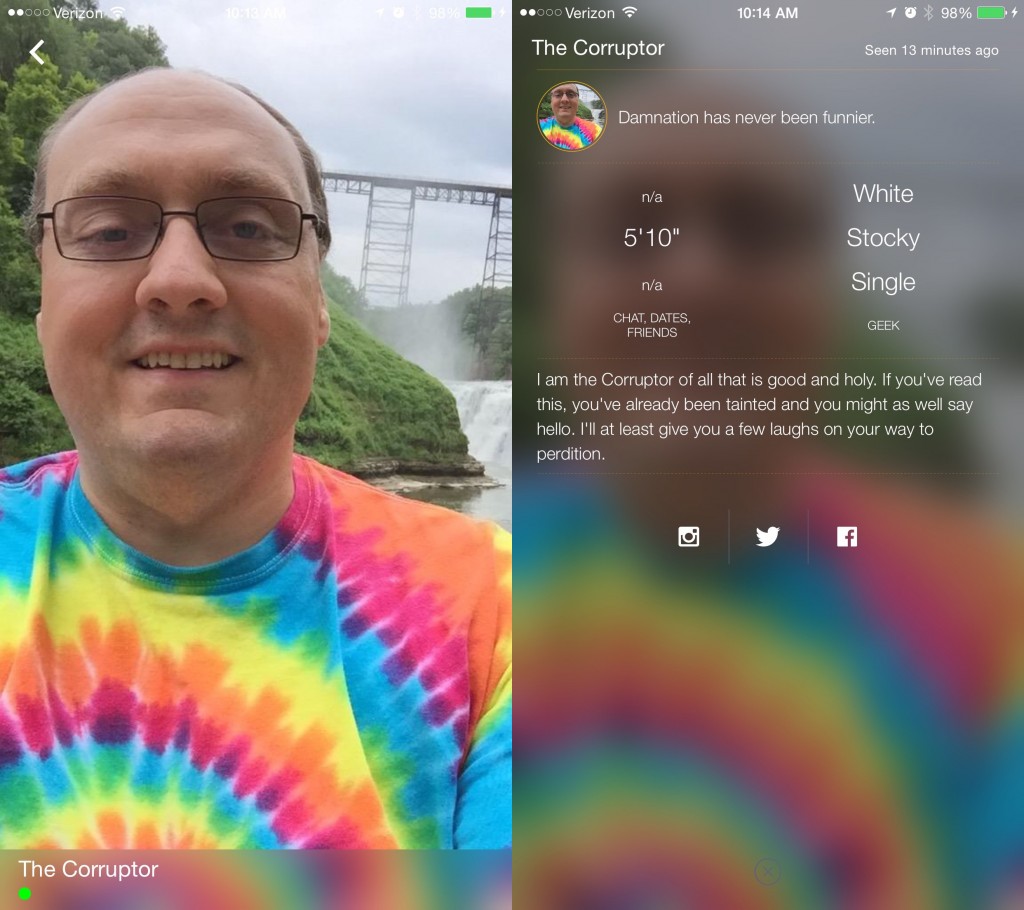[Content Note: Homophobia]
The title of today’s blog post is based on a search term that someone used to find my site the other week. Strangely, I had a friend who was offering guidance to a young lesbian facing a similar situation ask me for any advice I might offer her several months ago. As such, I thought it would be good to talk about this subject.
First, I have a great deal of sympathy and empathy for anyone in such a situation. One should not have to deal with homophobia – no matter how minor or subtle – from one’s closest families. It can instill a real sense of betrayal and that you don’t belong. So to anyone who is reading this and is facing anything less than perfect acceptance from their immediately family, know that I would totally give you a hug right now if I were able to and you were comfortable with it.
To address the question, we first have to understand what we can do and what is our responsibility to do. For example, many of us – myself included at times – often think that what we need to do is convince our loved one to stop being homophobic. And in a perfect world, our loved ones would end their homophobia. (Well, in a perfect world, they never would’ve been homophobic in the first place, but hey.) But here’s the thing: we can’t make people change their mind or their behavior. It just doesn’t work that way. And trying to do it will only leave us even more frustrated and possibly (more) depressed and a lot of other things. In the end, we have to give our loved ones the freedom to address (or not) their own prejudices and their own actions in their own time.
So instead, we need to look at what we can do. And the thing I think we most need to focus on is the same thing we really should be focusing on anyway. We can and should focus on doing what it is that we need to do in order to feel good about ourselves. We can and should focus on making sure we like ourselves.
Liking ourselves and finding the good in ourselves can be difficult, especially when we have people saying or implying negative things about us. Doubly so when some of those people happen to be close and dear loved ones who are supposed to embrace, accept, and encourage us. In those cases, we have to struggle even harder to remind ourselves that we’re amazing people. (And if you don’t believe you’re an amazing person, please find someone safe to talk with about that fact as soon as you can!) Look at the things you enjoy and the things you are good at. Do you like to write? Write your heart out and cherish what you write. Treat yourself like you’re the next literary genius in training. Do you like to draw? Draw your heart out and treat your drawings like they’ll be hanging in the Louvre some day. Think of all the great qualities you offer the people in your life and the parts of yourself that you have to share with them. The sting of homophobia will never fully go away – especially when it comes from a loved one – but being able to confidently see yourself as a valuable and wonderful person does help.
Another thing that you can do is find the love, support, and encouragement you need. After all, that’s one of the really sucky parts about homophobic loved ones. Loving, supporting, and encouraging you is supposed to be THEIR job, and they’re failing at it in at least some ways. So it’s time to find people – and there are a lot of them out there – who would be happy to take on at least part of that job. Find and focus on other family members who are more supportive. Be honest with them and let them know that you need their support. Focus on friends – and make new ones if you need to – that will give you the support you need. When I came out nearly twenty years ago, I built an entirely new circle of friends. Oh sure, I kept in touch with some of my older friends and even have the occasional contact with some of them to this day. But my new friends were the ones who were both able and willing to walk with me through the process of self-discovery and self-acceptance. They were also the ones who felt safe to go through that process with. Those are the kinds of friends you need.
So if you don’t have them, find them. If you’re in school, see if your school has a GSA. See if there’s an LGBT community center or LGBT social groups in your area. See if there’s an active PFLAG chapter in your area.
Don’t rule out online friendships, either. For the first ten years after I came out, a lot of my friendships were online. Even the close and supportive friends I knew in person were people I mostly stayed in touch with via the Internet. An online friend may not be able to give you hug, but they can listen to you and tell you that you’re okay and that what you’re feeling is okay too. That’s extremely valuable.
You’ll notice that I talked about finding support after talking about learning to love yourself. There’s a couple reasons for that. The first is that while support is important and good, other people ultimately can’t make you feel good about yourself. That’s a gift you give yourself and you need to give it to yourself.
The other reason is because knowing what you like about yourself also helps you think about what you have to offer friends and possibly how to find them. If you’ve figured out you love to write, then finding friends that accept you for who you are and share that love of writing is an excellent plus. Maybe you can find a writing group locally or join a writing site online. The same is true of drawing or any other talent or interest you have. And the bonus is that they’ll encourage you and remind you that your talent or interest is awesome and valuable. Hey, other people can’t make you like yourself, but they sure can remind you of what there is to like about yourself!
The last thing to consider about finding love, encouragement, and support is to consider whether you want to and would benefit from talking to a trained mental health professional. If you have someone who is frequently – or even only slightly frequently – saying and doing things, that can really take a toll on you. It may be helpful to have someone in your corner who is trained to help you sort through that.
The final thing that you can do to take care of yourself in such a situation is try to limit your interactions with said loved one as much as possible. This can be tricky, depending on your circumstances. At 41 living on my own, I can get away and stay away from any homophobic relatives I may have as much as I want. If you’re a younger person who’s still living at home, you may be stuck living with a homophobic parent or sibling. If that’s your situation, you again have my sympathy. That totally sucks. It especially sucks if there’s more than one homophobic person in the house with you, or even if others in the household doesn’t see what the big deal is with the homophobic person’s behavior. Maybe they think you’re overreacting. They’re wrong.
In that situation, you can only do the best that you can do. If you can stay in your bedroom – and the rest of your family will leave you alone rather than barge into your room and try to force conversation on you – that may be what you need to do. You may need to find ways to keep yourself busy. (Again, this is where having those loving and supportive friends may be helpful – as you can go spend time with them whenever possible and get away from the homophobia.)
You may also want to consider calling out the homophobic person’s behavior when they’re being hurtful and disengage. “I feel what you just said or did was hurtful to me and I would like you to leave me alone now.” Then walk away if you can. Be aware that this can be a difficult thing to do. The other person is likely to get offended. They’re likely to try to get you to tell them exactly why you found what they said or did was hurtful – most likely so they can tell you that you were wrong to feel that way. If you decide to go this route, don’t let yourself be drawn into an explanation or an argument over it. Simply say, “I don’t want to talk about this anymore. I need time to be alone.” Stick to your guns. Go talk to one of your supportive friends or loved ones, someone who will totally understand why you’re hurt and will tell you that it’s okay to feel that way.
At any rate, that’s the best advice I can offer to help anyone going through such a situation. My readers are welcome to offer their own insights in the comments. Maybe some of you found something that helped you. Please feel free and encouraged to share.
Moderation Note: All comments complaining about how “easily” the word homophobia gets thrown around will be deleted. Any commenter trying to open a debate about what does and does not constitute homophobia will be banned. This is not the space to get defensive over how your words and actions are properly labeled. This is a space for you to listen and carefully consider how your words and actions impact the LGBT people in your life. If you try to do the former rather than the latter, than you’re part of the problem, and likely a bigger part than you want to admit.

